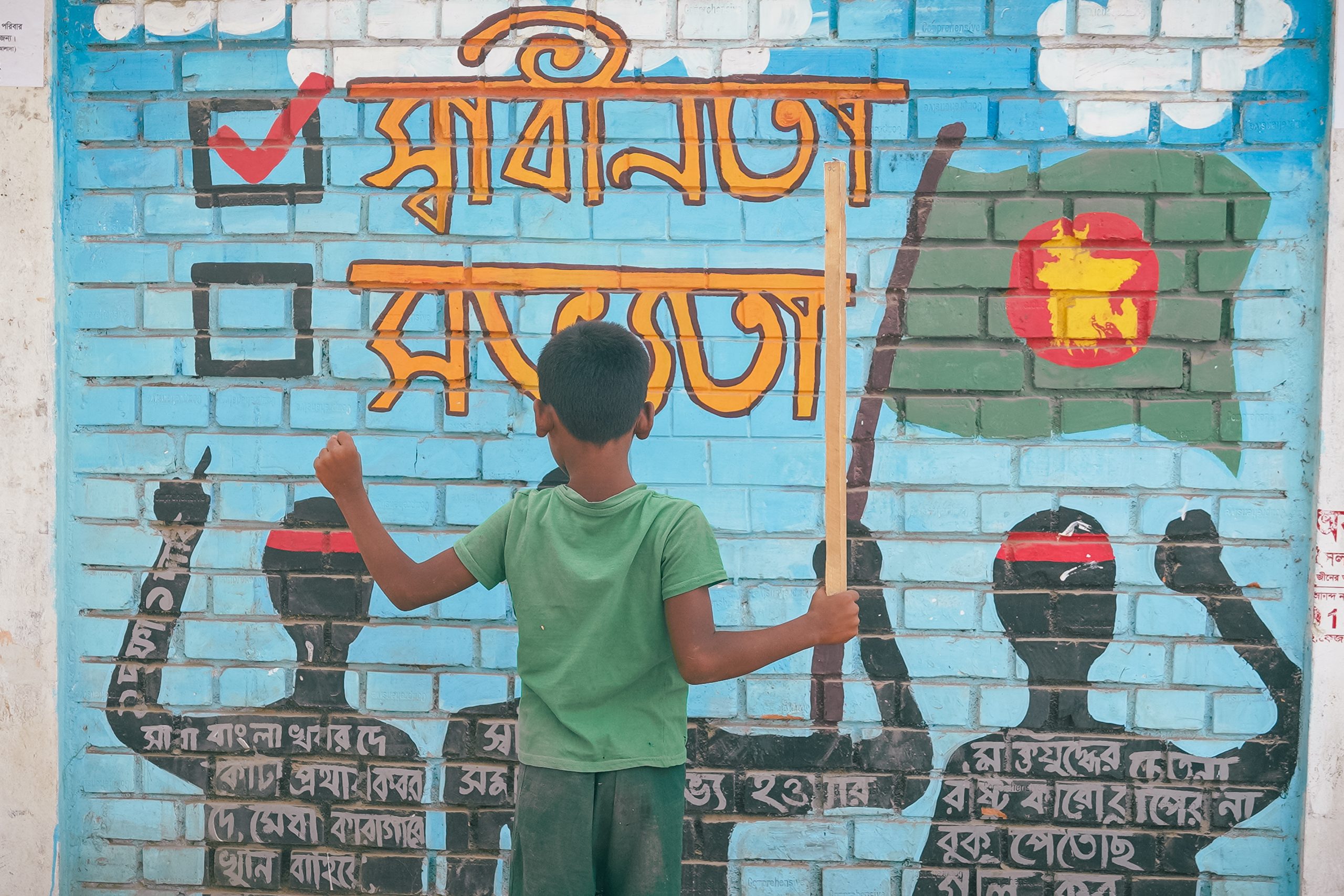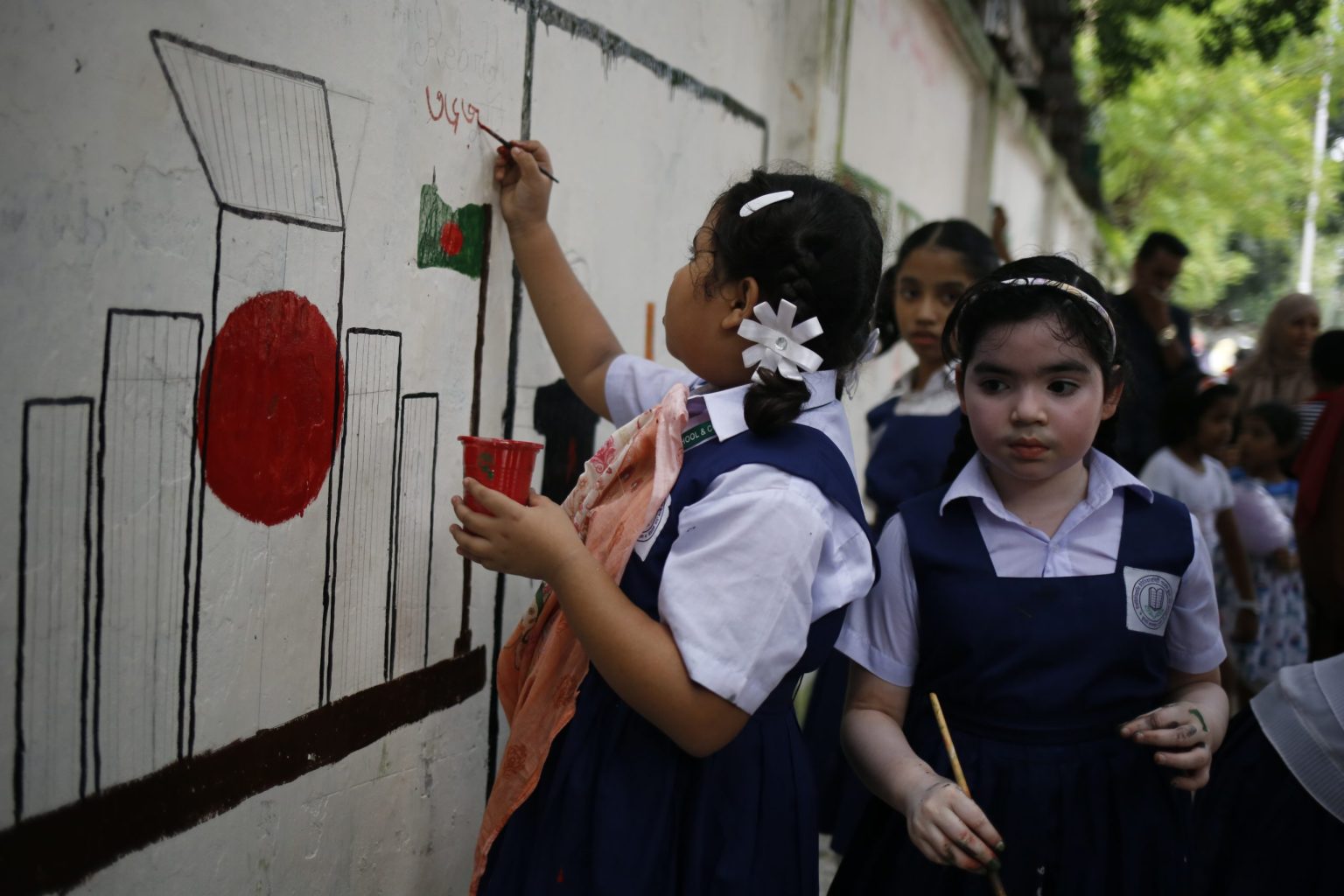The arrest and imprisonment of a local Awami League activist in Ujirpur, Barishal, on allegations of making derogatory remarks about BNP’s acting chairman Tarique Rahman might, at first glance, appear to be a minor local incident. But to those familiar with Bangladesh’s political culture, it reflects the re-emergence of an old malaise – the use of state or institutional power to suppress criticism of political leaders.
Police said 50-year-old Shawkat Bali, also known as Shawon, a local Awami League associate, was arrested on Thursday night. No new case was filed over his alleged remarks against Tarique Rahman; instead, he was shown arrested in connection with an older arson case involving a BNP office.
What makes this significant is that Tarique Rahman has not yet come to power. The fact that administrative action is already being taken against one of his critics has raised concerns about how much further such measures might go if he does take office. Ahead of elections, questions are also emerging over whether such incidents serve as political traps for the BNP.
Bangladesh’s political history has repeatedly shown that changes in power often lead to a shrinking of free expression and suppression of dissent. Under Awami League governments, criticism of Sheikh Hasina or Sheikh Mujibur Rahman has often been met with police harassment, lawsuits or arrests.

Overzealous party activists have also been known to take such action. In Sheikh Hasina’s final years in power, this suppression of criticism fuelled public resentment. Today’s Ujirpur episode echoes the same culture – only the characters have changed, not the behaviour.
The pattern is not unique to Bangladesh. In Pakistan, political opponents faced sedition charges during Imran Khan’s tenure; in India, party workers have been arrested for allegedly “insulting” the prime minister; in Turkey, thousands have faced prison sentences for “insulting” President Erdogan. Such examples show that where institutional safeguards are weak, political overzealousness can quickly erode freedom of expression.
The most troubling aspect of the Ujirpur incident is that the BNP is not yet in power, yet actions are being taken that hint at the presence of an “unofficial shadow administration”. Once such a culture becomes institutionalised, it is almost impossible to control after coming to power – instead, it often deepens.
Some political analysts believe that such measures are sometimes deliberately taken before elections to damage a candidate’s or party’s image, portraying them as “intolerant”. In this context, Tarique Rahman would do well to make it clear that freedom of expression is one of his political priorities, and that he personally does not endorse such actions.
Under international human rights standards, tolerance of criticism is a basic condition for democracy. In 2024, Reporters Without Borders ranked Bangladesh 165th out of 180 countries, citing threats to journalists, legal harassment and political pressure. The same year, Freedom House classified Bangladesh as “partly free”, noting significant restrictions on political rights and civil liberties.
In a democratic society, the answer to criticism comes through political debate and argument – not police action. Just as questions were raised under Sheikh Hasina’s rule – “Are Sheikh Mujibur Rahman or Sheikh Hasina beyond criticism?” – the same may now be asked of Tarique Rahman or Begum Khaleda Zia.
If the BNP truly wishes to create a different political culture once in power, the first step must be to reject this overzealous suppression. Building an environment that accepts internal criticism, establishing codes of conduct to safeguard free expression, and reducing political influence over law enforcement could form the foundation of a new political culture.
The Ujirpur incident may be small in scale, but its symbolic weight is heavy. History has repeatedly shown that power’s greatest enemies are blind flattery and overzealousness. Avoiding this trap is the only way for leadership to sustain the trust of the people.


